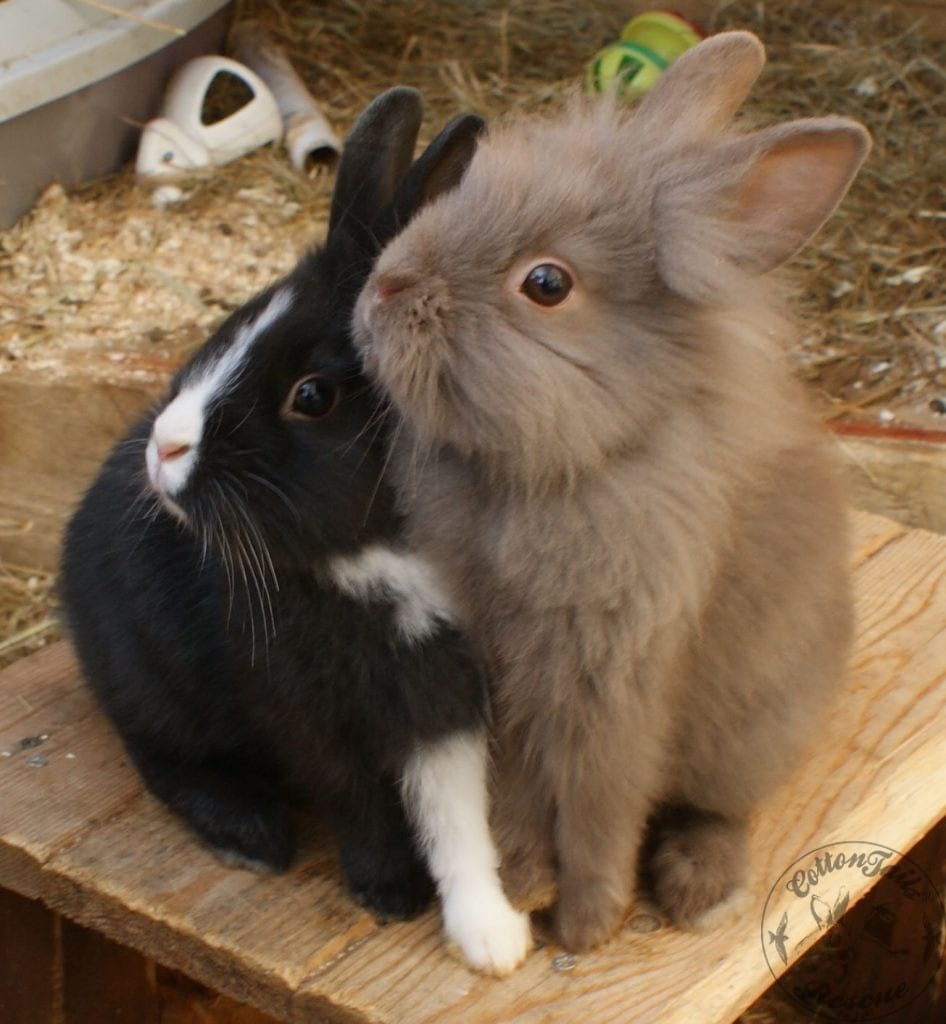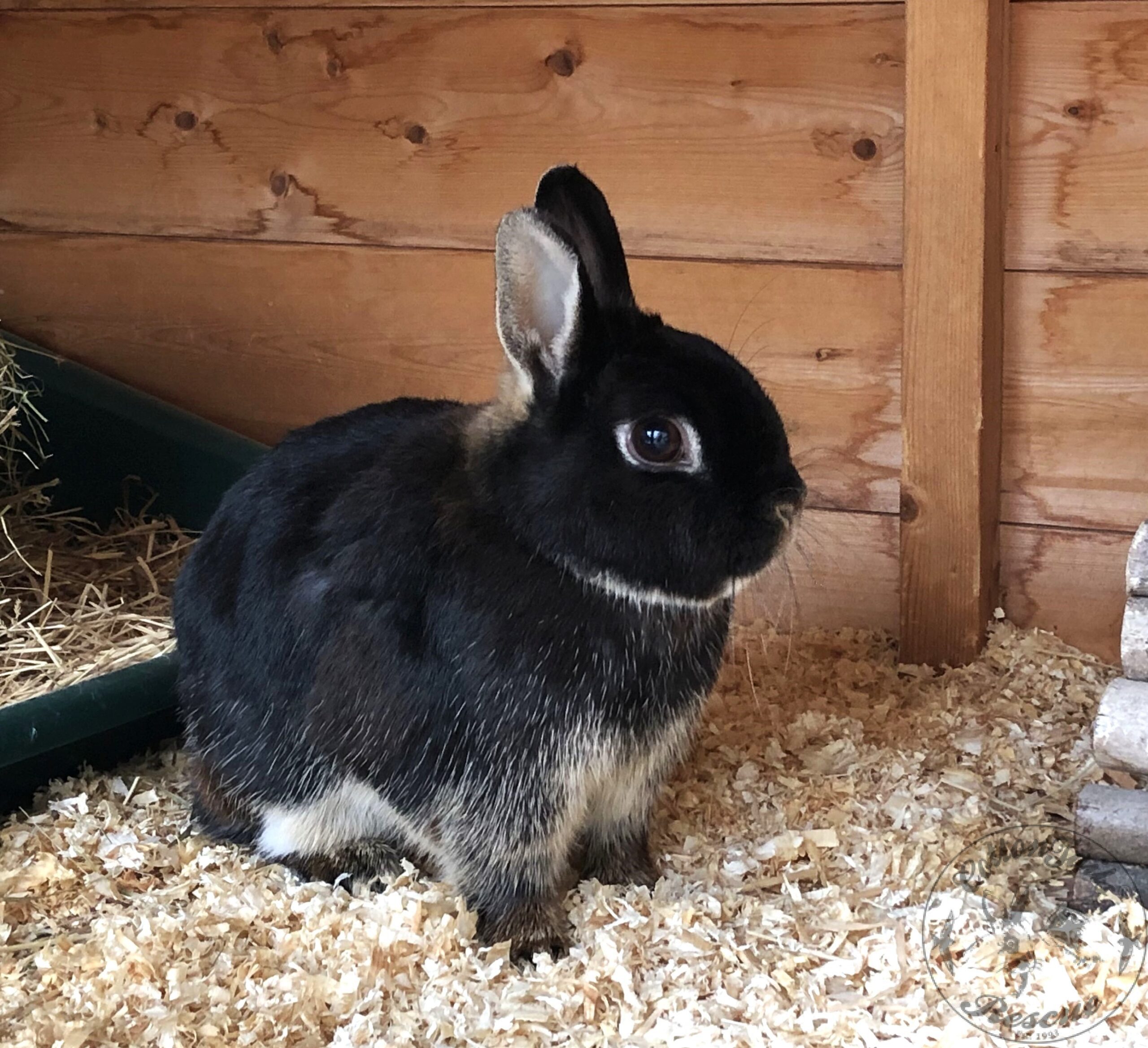COVID has profoundly affected all our lives, and only with time will we bear witness to the devastation left in its wake. While the effects on its human host are only too obvious, it has also caused life-changing and long-term effects for our pets. Animal rescue centres were closed overnight, allowing no animal movement, whether in or out, with the inevitable result of desperate owners potentially dumping them onto the streets as there was no one to turn to for help.
Animals ready for adoption were languishing in rescue centres, often resulting in negative behavioural issues due to their extended stay in the centres. With most vets only open for emergencies, routine vaccinations and neutering were put on hold, so many pets were at risk of catching the diseases that the veterinary profession had been so keen to protect against for so long.
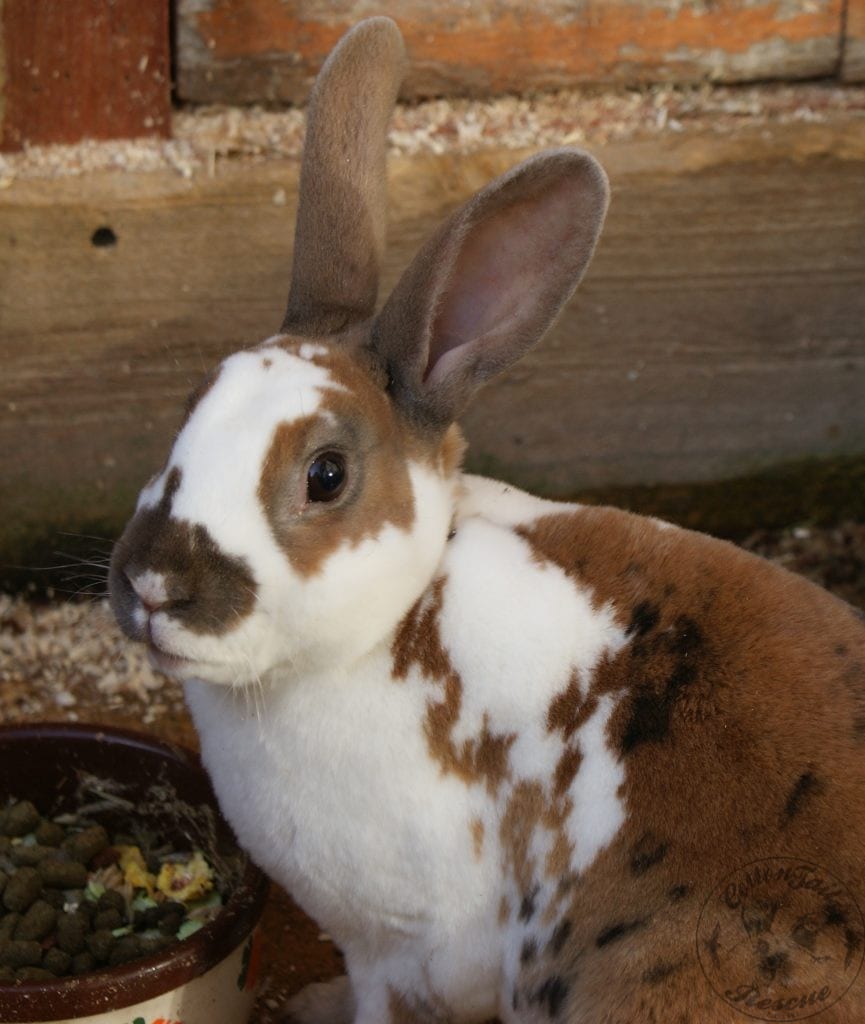
On the positive side, families up and down the country had more time to get to know and enjoy their pets. Many households took advantage of the time at home to modify and extend their pets’ accommodation to benefit all concerned. The lockdown also reduced the impulse buying of rabbits and guinea pigs at Easter for a couple of years.
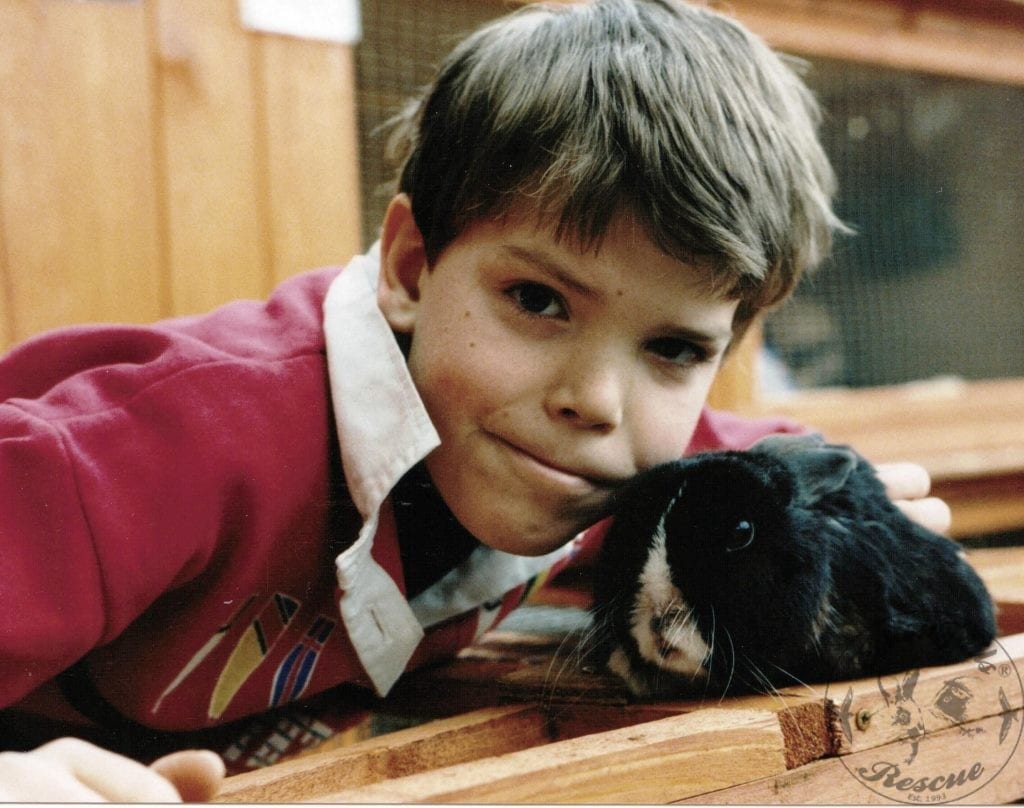
CottonTails® had to find a way to continue functioning during this stressful time, and we had to take a long, hard look at essential changes to enable us to continue. Summer is usually our quietest time, as most animals are found homes in the weeks leading up to spring. In addition, we get very few unwanted new animals in as owners find they can either move on unwanted small pets to friends and family or have not yet got bored enough of new pets to want to reject them.
Thus, I was looking forward to a pleasant late spring and summer, relaxing and catching up with endless equipment repairs and website updates. The previous winter of 2019 proved to be very hard, with many unwanted rabbits and guinea pigs needing our help, many with health or behavioural problems. Never in my worst nightmares did I foresee the stress, chaos and fear that was to lie ahead – the era of Covid 19.
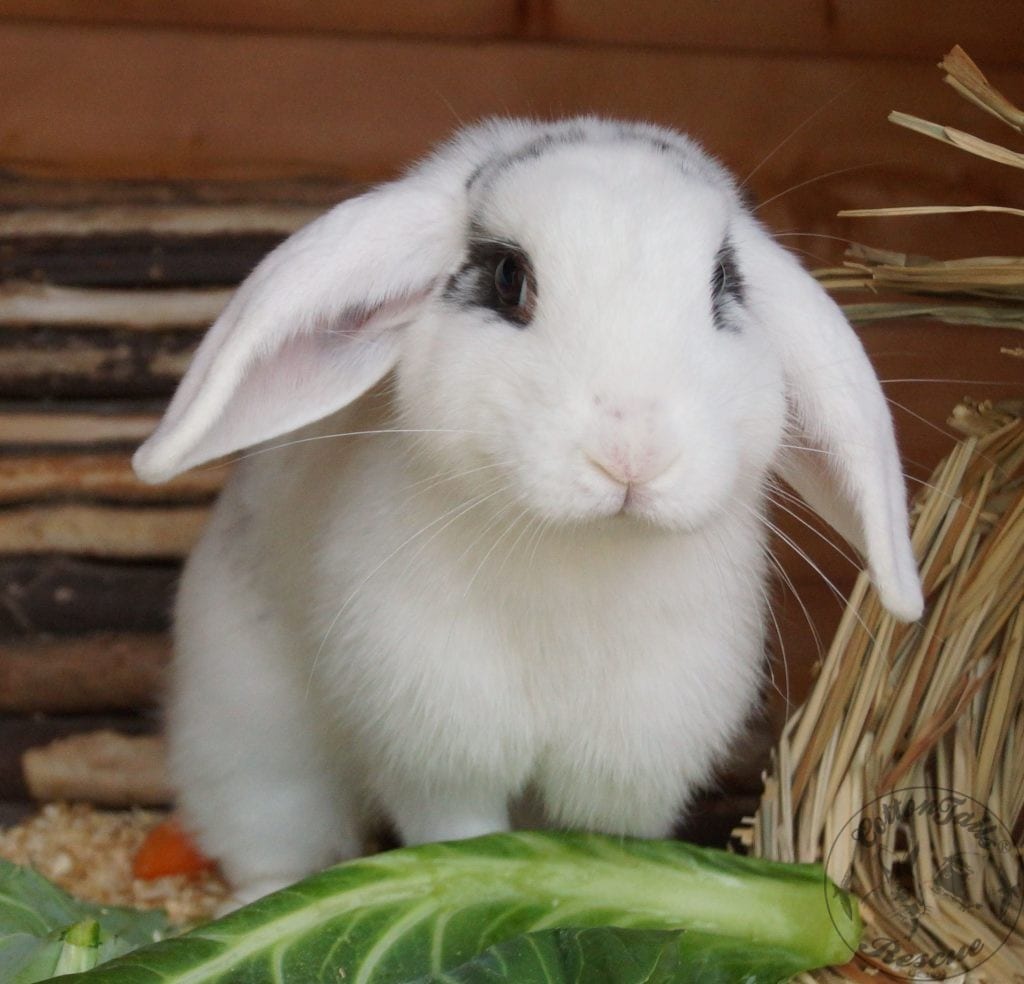
Since I started the charity over 30 years ago, I maintained a chart of current inmates, their requirements and where the food, vegetables and bedding could be found. Until now, this list had rarely been used, but the strategy worked well when necessary, with family and regular volunteers stepping in when needed. It never occurred to me that the whole family or volunteer support mechanism could be effectively wiped out and that no volunteers would be allowed to come in.
In addition, supplies of fresh vegetables were difficult to source, although as I always kept a good supply of shavings, dried food and hay, we at least had that stockpile to fall back on. Having a regular order with a local farm shop meant our loyalty was rewarded by the staff, who were able to supply us with whatever they could source from week to week, and this was a well-needed lifeline.
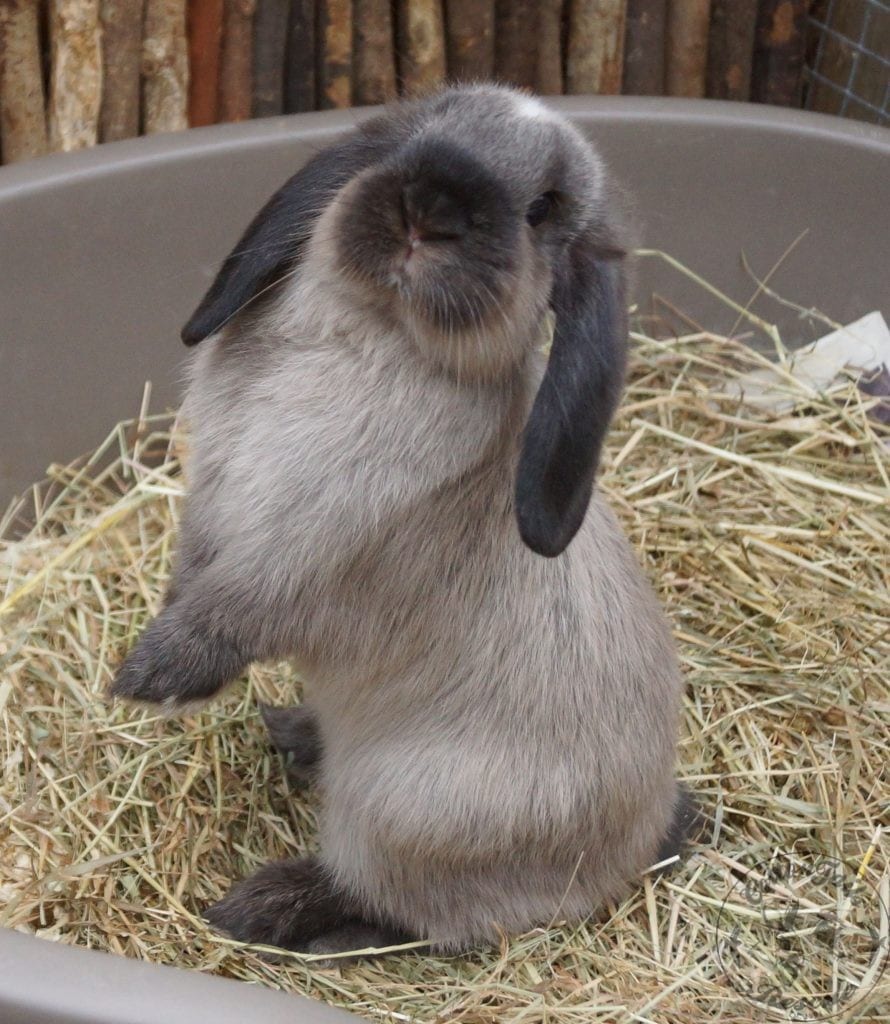
All the local authority recycling centres shut overnight, so I devised a plan to cope with the animal waste to prevent the creation of an unhealthy pile of bags waiting for disposal. The solution I came up with was to cut the frequency of clean-out days to one per week but add fresh bedding daily so that the rabbits would be clean and happy and not exposed to any soiled materials. The dirtiest half of the waste generated then went on the compost heaps, which had been expanded to accommodate the increase. The other half, comprising mainly soiled newspapers, was added subtly to the domestic bin collection.
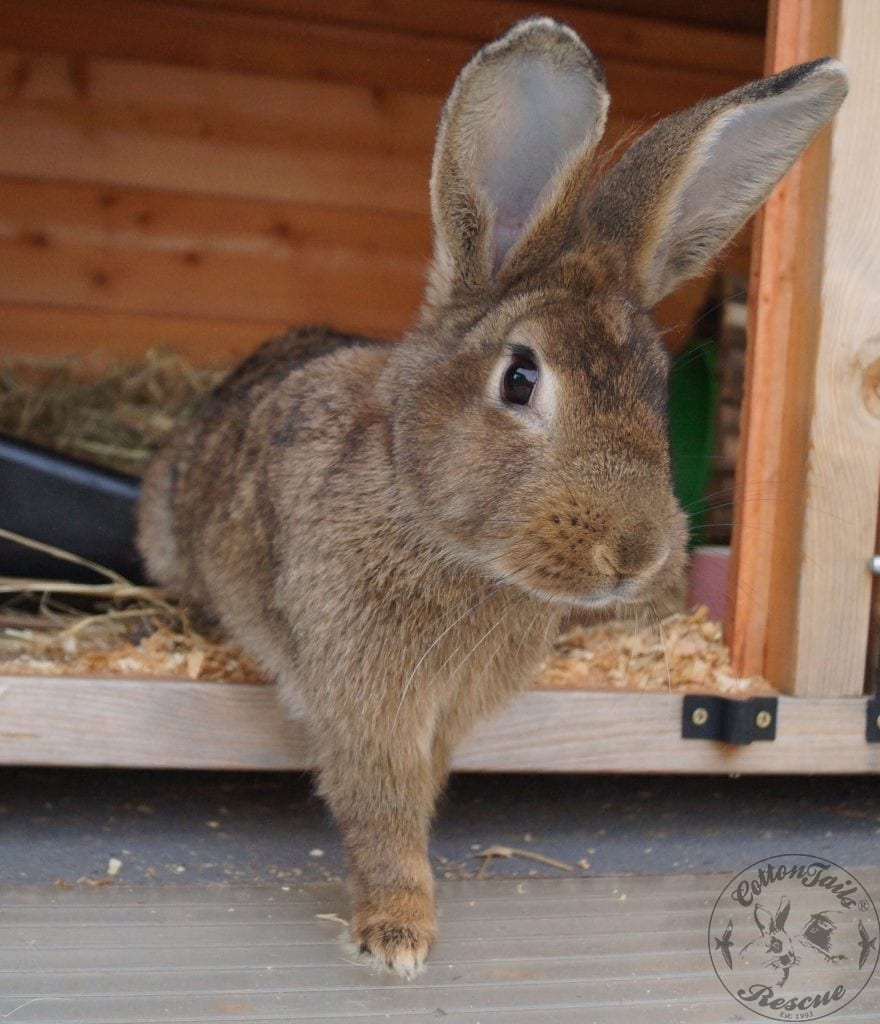
By sheer chance, concerning the time of year, the lockdown occurred just when rabbits and guinea pigs were again being adopted after winter. The last pair of guinea pigs were adopted the day before lockdown, and most rabbits were out on trial or adopted within the previous 24 hours, too. However, a small number of female rabbits were due to return for neutering, and needless to say, our vet run was cancelled at the last minute, leaving them in spay limbo. Inevitably, behaviour issues started to show in some of the females as their hormones were driving their mood swings. This made them frustrated and short-tempered, which can sometimes be enough to break a pair’s bond and turn an otherwise lovely pet into a raging monster!
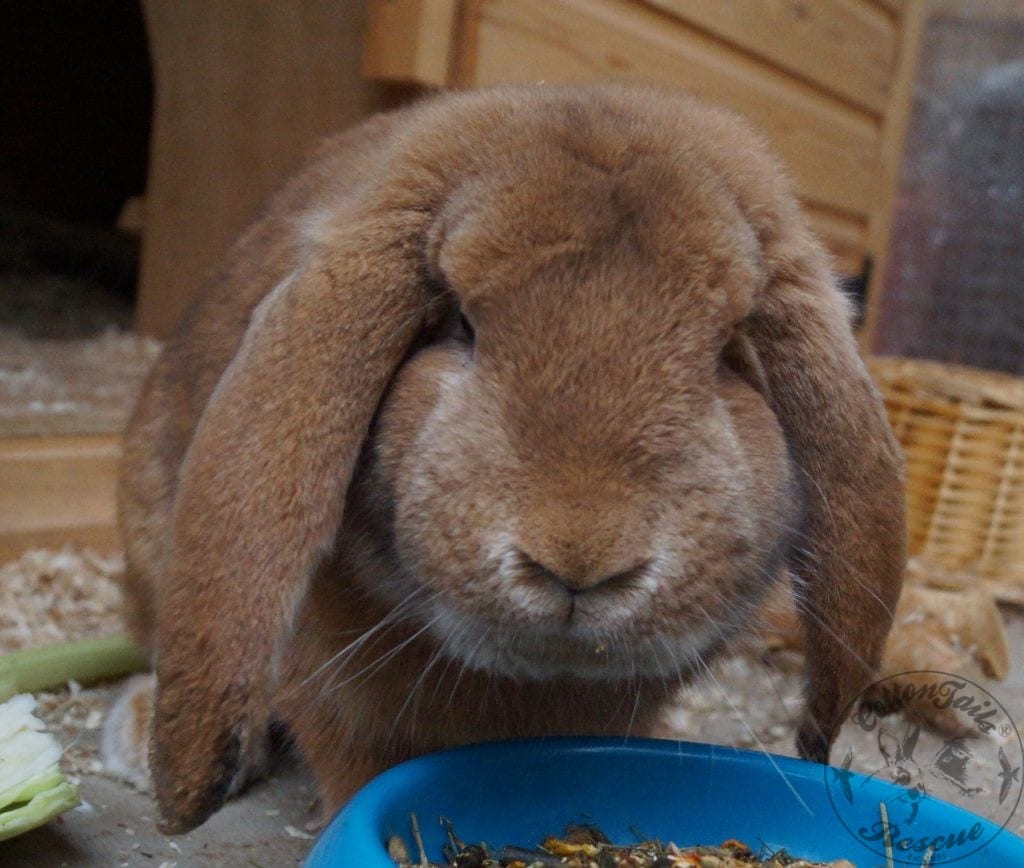
With vet surgeries closed, I began to receive requests for things like claw clipping and grooming, so with a lot of thought, I managed to come up with a strategy to be able to still cut claws and give basic health advice and examinations whilst sticking strictly to the social distancing rules. With this plan in place, I was able to assist several bunny and guinea pig owners who have been unable to take their pets to the vet for routine visits.
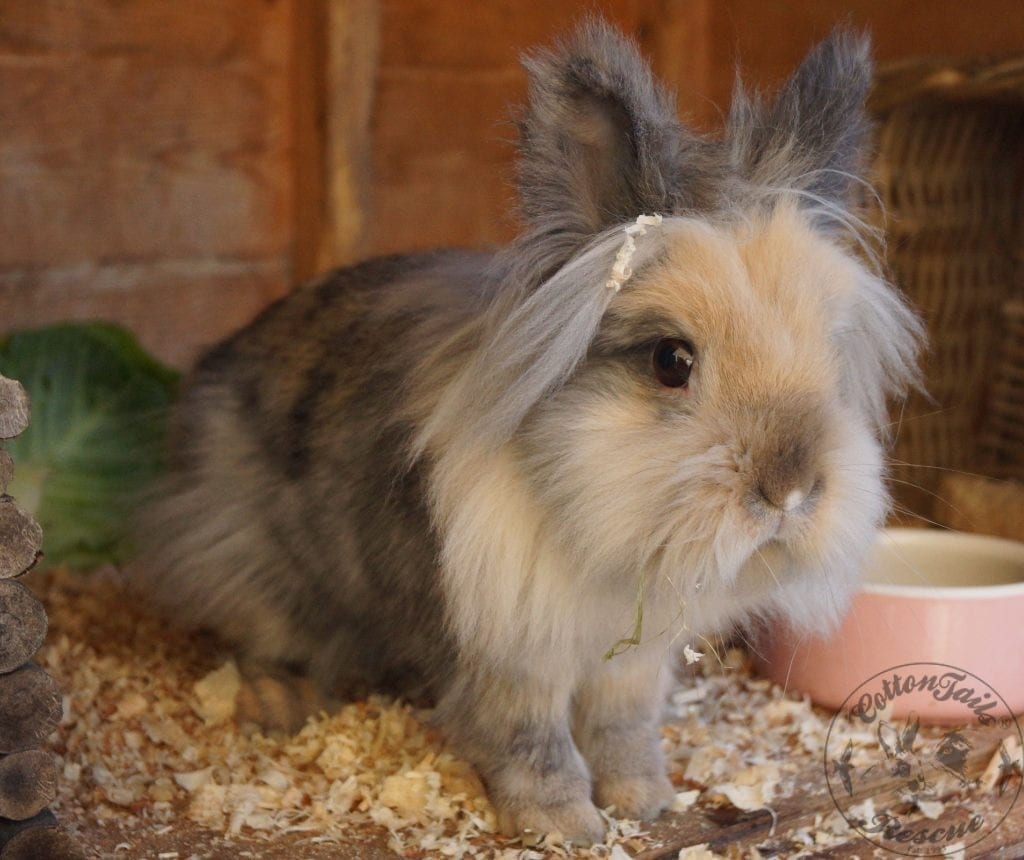
I also came up with an extension to the website listing capability, where I could list rabbits that need new homes whilst their owners continued to keep them. They were then matched with potentially suitable new homes – thus, the “Direct Rehoming Service” was born! It has proved to be very successful, with CottonTails paying £60 towards the cost of neutering and £40 towards the cost of vaccinations, payable to the new owner’s vet. This service is now our standard method of rehoming, so whilst COVID was undoubtedly not a good time for CottonTails, it allowed rethinking and reorganising, and we have benefited as a result.
